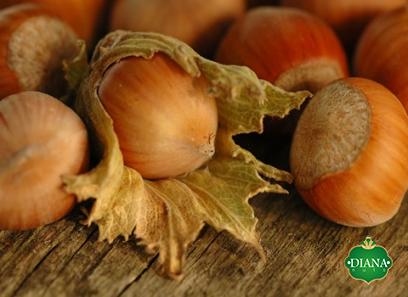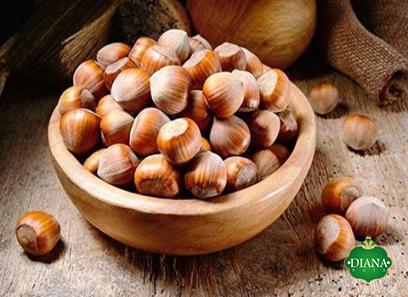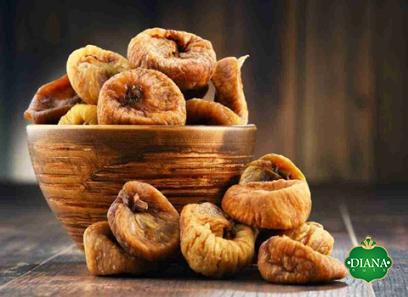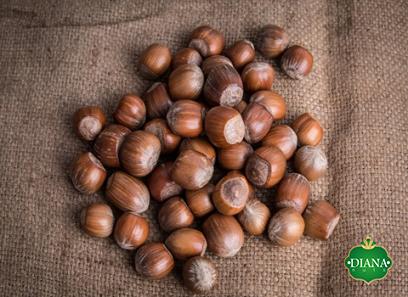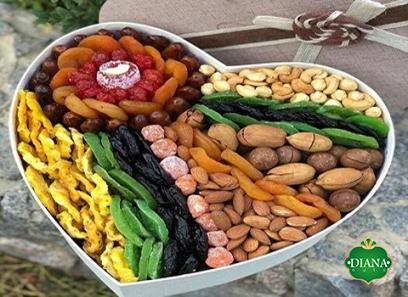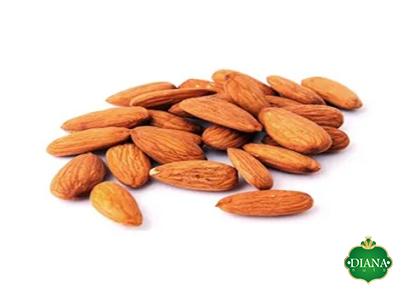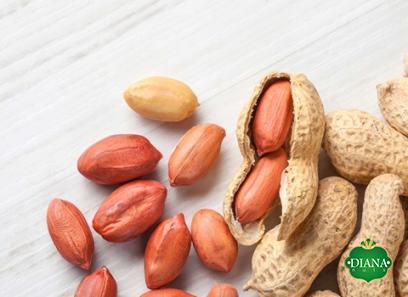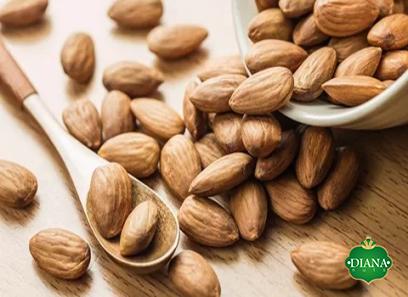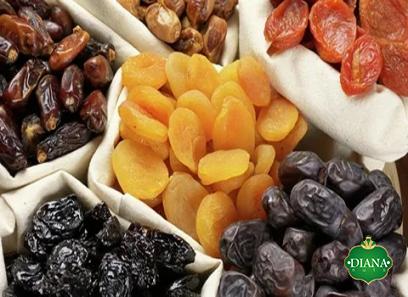Pumpkin seeds, also known as pepitas, are a popular snack with a rich history and a wide range of nutritional and health benefits. These small, flat, and oval-shaped seeds are derived from the pumpkin fruit and have been enjoyed for centuries in various cultures around the world. In this article, we’ll delve into the nutritional composition and explore the many health benefits associated with consuming pumpkin seeds.
Nutritional Composition:
Pumpkin seeds boast an impressive nutritional profile, making them a valuable addition to a healthy diet. They are a rich source of essential nutrients, including:
1. Healthy Fats: Pumpkin seeds are high in monounsaturated and polyunsaturated fats, including omega-3 and omega-6 fatty acids. These healthy fats play a crucial role in supporting heart health, reducing inflammation, and aiding in brain function.
2. Protein: Pumpkin seeds are protein-packed, making them an excellent plant-based protein source for vegans and vegetarians. They contain all nine essential amino acids required by the body for various functions, including muscle growth and repair.
3. Fiber: With a significant amount of dietary fiber, pumpkin seeds promote healthy digestion and support weight management by providing a feeling of fullness. Fiber also helps regulate blood sugar levels and promotes a healthy gut microbiome.
4. Micronutrients: Pumpkin seeds are a rich source of several essential minerals, including magnesium, potassium, zinc, iron, and calcium. These minerals are vital for maintaining bone health, supporting the immune system, and ensuring proper nerve and muscle function.
Health Benefits:
1. Heart Health: The combination of healthy fats, fiber, and antioxidants found in pumpkin seeds is beneficial for heart health. Studies have shown that the high antioxidant content of pumpkin seeds, particularly vitamin E, may help reduce the risk of heart disease by preventing the oxidation of harmful cholesterol.
2. Antioxidant Properties: Pumpkin seeds are rich in antioxidants, including vitamin E, phenolic acids, and carotenoids. These antioxidants help fight free radicals in the body, reducing oxidative stress and protecting cells from damage linked to chronic diseases such as cancer.
3. Prostate Health: Pumpkin seeds have long been associated with prostate health. They contain phytochemicals called cucurbitacins, which have been studied for their potential to inhibit the growth of certain prostate cells. Regular consumption of pumpkin seeds may help reduce the risk of prostate-related issues.
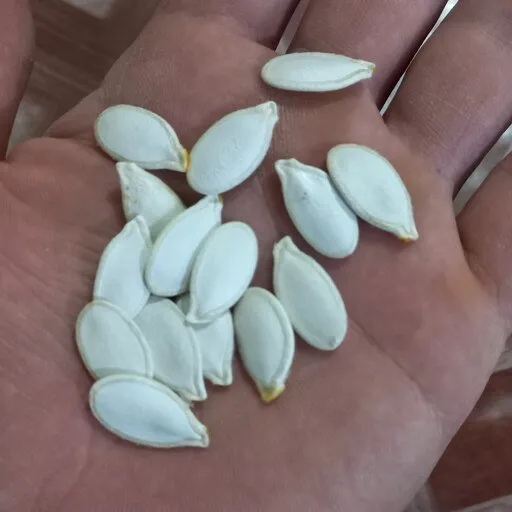
4. Blood Sugar Control: The high fiber content in pumpkin seeds slows down digestion and helps regulate blood sugar levels. This can be particularly beneficial for individuals with diabetes or those at risk of developing the condition.
5. Bone Health: Pumpkin seeds are a rich source of minerals like magnesium, calcium, and zinc, which are essential for maintaining healthy bones. These minerals contribute to bone density, strength, and overall skeletal health, reducing the risk of osteoporosis.
6. Improved Sleep Quality: Pumpkin seeds are a natural source of tryptophan, an amino acid that helps promote better sleep. Tryptophan is converted into serotonin, a neurotransmitter that induces relaxation and sleepiness. Consuming pumpkin seeds may aid in achieving a restful night’s sleep.
Incorporating Pumpkin Seeds into Your Diet:
Pumpkin seeds can be enjoyed in various ways and incorporated into a balanced diet:
1. Snack: Roasted and salted pumpkin seeds are a popular snack option, providing a satisfying crunch. Look for unsalted versions or roast your own to limit sodium intake.
2. Topping: Sprinkle pumpkin seeds on salads, yogurt, or oatmeal to add a nutritional boost and a delightful texture.
3. Baking: Pumpkin seeds can be included in baked goods, bread, and granola recipes, adding a nutty flavor and nutritional value.
4. Garnish: Use pumpkin seeds as a garnish for soups, stews, or roasted vegetables to add both taste and texture.
Conclusion:
Pumpkin seeds are a versatile and nutritious food that can be enjoyed as a snack or incorporated into various recipes. Packed with essential nutrients, healthy fats, and antioxidants, pumpkin seeds offer a wide range of health benefits, including improved heart health, prostate health, and blood sugar control. Additionally, their rich mineral content supports bone health, while their tryptophan content promotes better sleep quality. Enjoying pumpkin seeds as part of a balanced diet is an excellent way to enhance overall well-being while adding a delicious and nutritious twist to your meal plan.I. Culinary Applications and Market Demand
Pumpkin seeds not only offer numerous health benefits but also have a wide range of culinary applications, contributing to their growing market demand. In recent years, there has been an increasing trend of incorporating pumpkin seeds into various food and beverage products, including:
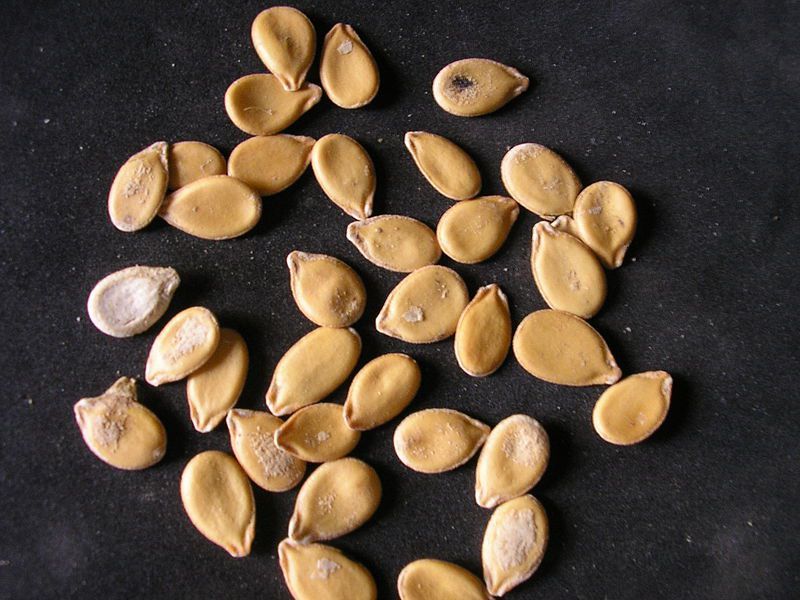
1. Snack Foods: Roasted and flavored pumpkin seeds are a popular snack option, commonly found in trail mixes, nut mixes, and energy bars. They provide a delicious and nutritious alternative to traditional snacks, appealing to health-conscious consumers.
2. Baked Goods: Pumpkin seeds can be used in the baking industry to enhance the nutritional value and add a unique texture to products such as bread, muffins, cookies, and granola bars. Their nutty flavor complements sweet and savory recipes.
3. Culinary Ingredient: Pumpkin seeds can be used as a culinary ingredient in both traditional and innovative recipes. They are often added to salads, soups, stir-fries, and pesto sauces, providing an extra crunch and a rich nutty taste.
4. Plant-Based Milk: Pumpkin seed milk is gaining popularity as a dairy milk alternative. It is a nutritious and delicious option for those with lactose intolerance or those who prefer plant-based milk options.
The growing market demand for pumpkin seeds can be attributed to their nutritional value, versatility, and consumers’ increasing interest in healthier and natural food options. As more people seek out nutritious snacks and plant-based alternatives, the demand for pumpkin seeds is expected to continue to rise.
II. Commercial Production and Supply Chain
Pumpkin seeds are commercially produced in various regions worldwide, with a significant portion coming from countries like China, Mexico, and India. The commercial production process involves several stages, including cultivation, harvesting, processing, and packaging.
1. Cultivation: Pumpkin seeds are primarily obtained from oilseed pumpkins, which are specifically bred for seed production. These pumpkins have thick shells and large seeds suitable for consumption. Farmers prepare the soil, plant pumpkin seeds, and provide the necessary care, such as watering and fertilization, to ensure optimal growth.
2. Harvesting: When the pumpkins are fully ripe, they are harvested, and the seeds are extracted. This can be done manually or with the help of automated machinery. The seeds are separated from the pulp and cleaned to remove any remaining debris.
3. Processing: After cleaning, the pumpkin seeds undergo a processing stage to remove the outer shell, revealing the edible seed. This is achieved through techniques such as mechanical dehulling or heat treatment, depending on the desired product.
4. Packaging and Distribution: Once processed, the pumpkin seeds are packaged and prepared for distribution to various markets. They are typically available in both bulk quantities for further processing in the food industry and in consumer-ready packaging for retail sale.
The commercial production and supply chain for pumpkin seeds involve collaborations between farmers, processors, distributors, and retailers. Strict quality control measures are implemented to ensure the seeds meet industry standards and regulations.
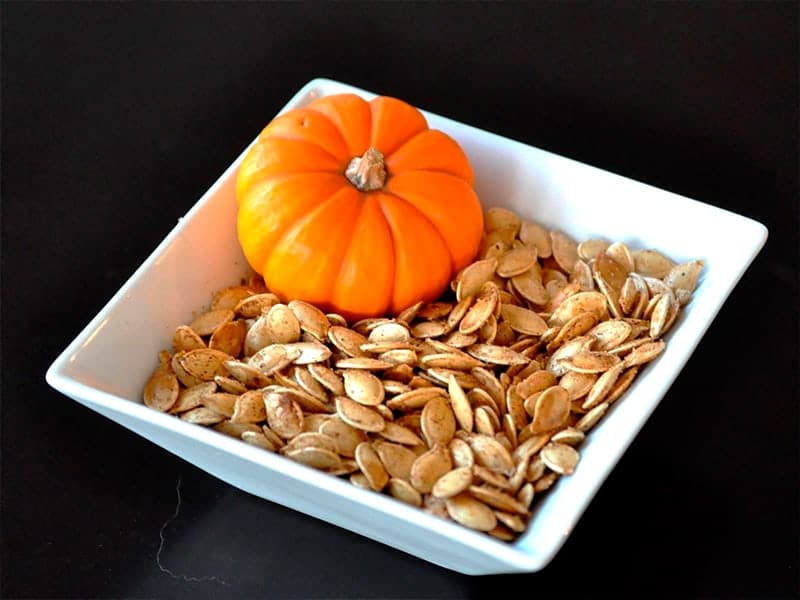
III. Consumer Trends and Marketing Strategies
As consumers become more health-conscious and seek out nutritious and functional foods, pumpkin seeds have gained popularity due to their numerous benefits. Additionally, the rising demand for plant-based and vegan products has further contributed to the increased consumption of pumpkin seeds.
To cater to these consumer trends, companies are adopting marketing strategies to promote pumpkin seed products. Some effective marketing techniques that have gained traction in the industry include:
1. Health Claims: Companies educate consumers about the nutritional content of pumpkin seeds through product labeling and marketing campaigns. They highlight the seeds’ high protein, fiber, and healthy fat content, as well as their potential health benefits.
2. Product Innovation: Brands are continuously developing new product formulations to meet the evolving consumer preferences. These include flavored pumpkin seed snacks, gluten-free baked goods enriched with pumpkin seeds, and innovative plant-based milk alternatives.
3. Social Media and Influencer Marketing: Leveraging social media platforms and collaborating with influencers who promote healthy lifestyles and plant-based diets can help increase brand visibility and reach a wider audience.
4. Sustainability and Organic Production: Consumers are increasingly interested in sustainability and organic farming practices. Companies that incorporate sustainable sourcing methods and emphasize organic pumpkin seed production can appeal to this growing consumer segment.
IV. Market Potential and Global Outlook
The market potential for pumpkin seeds is significant, with a positive global outlook driven by growing consumer awareness and demand for healthy and natural food options. The market is expected to witness substantial growth in the coming years due to several factors:
1. Increasing Health Consciousness: As individuals become more conscious of their dietary choices, the demand for nutritious snack options like pumpkin seeds is likely to surge. The seeds’ nutritional benefits align with the growing emphasis on maintaining overall health and well-being.
2. Expansion of Plant-Based Alternatives: The rising popularity of veganism and plant-based diets is fueling the demand for plant-based alternatives to traditional animal-derived products. Pumpkin seeds, being a rich source of plant-based protein, healthy fats, and essential nutrients, are well-positioned to cater to this market segment.
3. Growing Functional Food Market: Functional foods, which offer additional health benefits beyond basic nutrition, are gaining traction worldwide. Pumpkin seeds, with their antioxidant properties, heart health benefits, and potential in supporting prostate health, can contribute to the functional food market’s growth.
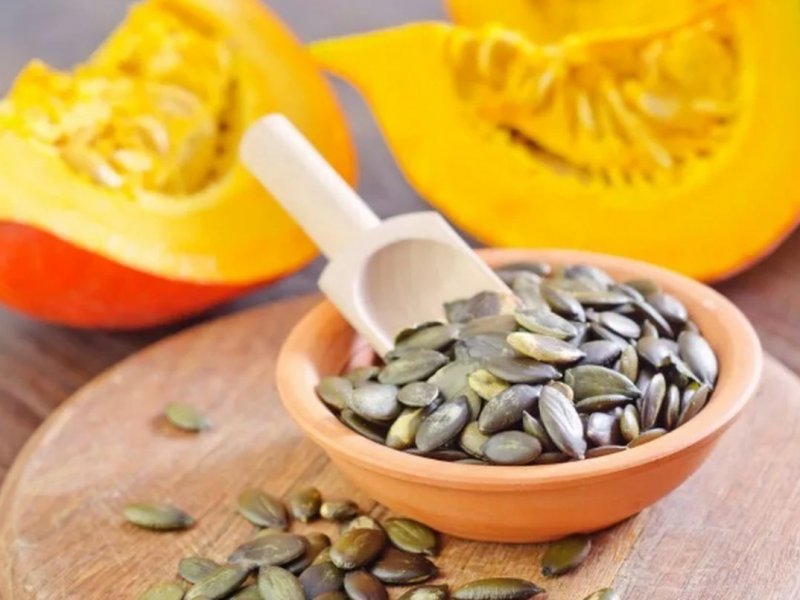
Conclusion:
Pumpkin seeds offer a variety of culinary applications and are increasingly recognized for their nutritional and health benefits. As consumers seek healthier snack options and plant-based alternatives, the demand for pumpkin seeds continues to rise. Commercial production and supply chains have been established to meet this growing demand, with collaborations between farmers, processors, distributors, and retailers. Companies in the industry are adapting marketing strategies to effectively promote pumpkin seed products, emphasizing their nutritional value and health benefits. With increasing health consciousness, expansion of plant-based alternatives, and the growing functional food market, the market potential for pumpkin seeds is substantial. The future outlook for this versatile and nutrient-rich seed is bright, as it continues to gain popularity among consumers worldwide.

